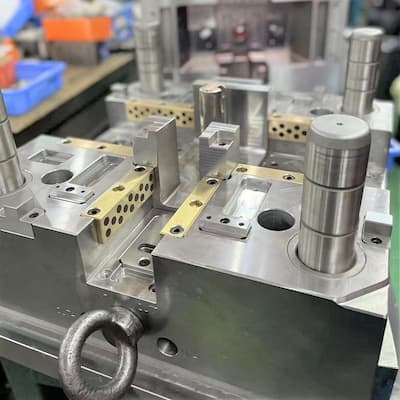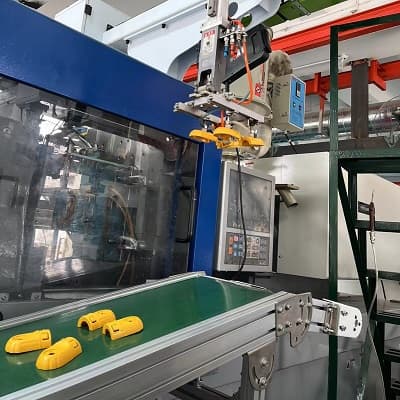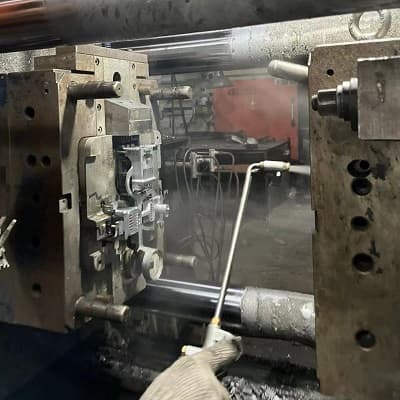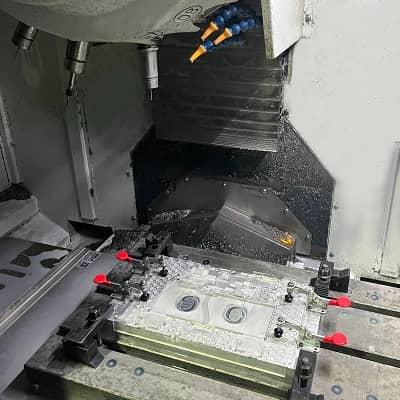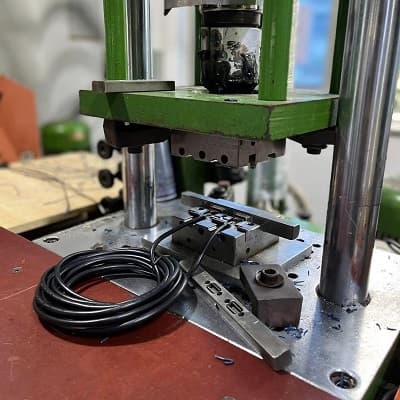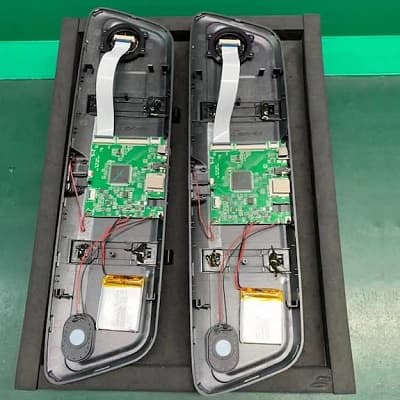Aluminum Die Casting
When it comes to aluminum die casting, A380 is the most popular die cast metal choice. That’s because it offers a good cost/utility ratio based on a combination of economics and predictable mechanical and physical properties. A380 aluminum’s advantages and characteristics include:

- Lightweight
- Dimensional stability
- The ability to cast thin walls and complex shapes
- Corrosion-resistance
- Good mechanical properties
- High thermal and electrical conductivity
- High strength-to-weight ratio
- Environmentally friendly (100% recyclability)
- Good tool life
- Very good castability
- Low cost
- Excellent overall value
Benefits of Aluminum for your Die Casting Project
The most significant advantage of aluminum die casting compared to other processes like machining, or sheet metal forming is that aluminum can create intricate 3D designs very efficiently at a lower cost. Because of this, manufacturers are able to order customized castings that are ideal for their production needs. Aluminum die castings can turn molten metal into a near-net shape part in seconds, so machining or other operations can be eliminated. Aluminum die castings are 100% recyclable and all of the material involved in the production of aluminum die castings is recycled. The ingot comes from recycled material and all of the excess material and any scrap castings are recycled in-house.
Aluminum Die Casting Applications
Aluminum die casting is used frequently in the automotive industry as a durable, lightweight alternative to steel and iron. A380 is the workhorse alloy for aluminum die casting. Its electrical and thermal conductivity properties make it well suited for the telecommunications and computer industries. Its lightweight makes it an excellent choice for portable applications. Aluminum A380’s economic benefits and mechanical properties make it the metal of choice for a wide variety of applications and industries.
